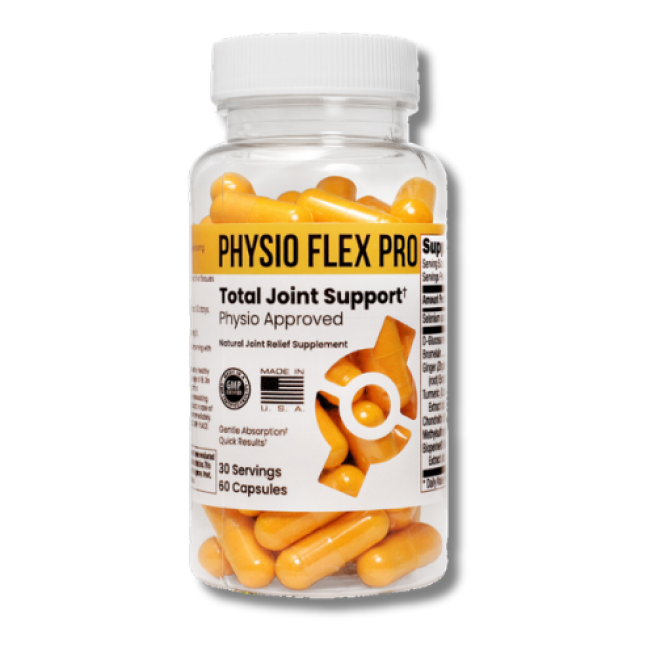References
Here is just a sampling of published studies about the ingredients on our specialized joint formula. Of course this is not a definitive list and is always evolving. For the science-minded among us we have linked to the study itself. For the non-scientist we add a simple to understand synopsis.
Selenium
The role of selenium metabolism and selenoproteins in cartilage homeostasis and arthropathies - https://www.ncbi.nlm.nih.gov/pmc/articles/PMC7423502/
This study goes through how and what selenium does in the body before reaching their conclusion which is that selenium helps/protect cartilage as well as "augment the regeneration capacity of cartilage"
Chondroitin
Chondroitin for osteoarthritis - https://www.ncbi.nlm.nih.gov/pmc/articles/PMC4881293/
This was a review study, so it reviewed the results of other studies. The authors reviewed 43 studies where participants were treated with chondroitin. The following are the keys takeaways:
- People who took chondroitin scored 10 points lower on 0 to 100 pain scale than those who took a placebo (10% absolute difference).
- People who took chondroitin had 0.18 mm less reduction in minimum joint space width than those who took placebo.
Glucosamine
Glucosamine increases hyaluronic acid production in human osteoarthritic synovium explants - https://www.ncbi.nlm.nih.gov/pmc/articles/PMC2553787/
In this study the researchers used the synovium from people that received total knee replacements. The researchers exposed the synovium to various forms of glucosamine and measured the amount of hyaluronic acid (the stuff that lubricated our joints) that was secreted. They found that introducing glucosamine hcl increased hyaluronic acid levels by 4 fold.
Role of glucosamine in the treatment for osteoarthritis - https://www.ncbi.nlm.nih.gov/pmc/articles/PMC3456914/
This study reviewed 12 other studies that covered over 7,000 participants. The conclusion: "has shown positive effects on symptomatic and structural outcomes of knee OA."
Glucosamine & Chondroitin Combined
Glucosamine and chondroitin sulfate supplementation to treat symptomatic disc degeneration: Biochemical rationale and case report - https://www.ncbi.nlm.nih.gov/pmc/articles/PMC165439/
"long-term glucosamine and chondroitin sulfate intake may counteract symptomatic spinal disc degeneration, particularly at an early stage."
Bromelain
Bromelain reduces mild acute knee pain and improves well-being in a dose-dependent fashion in an open study of otherwise healthy adults - https://pubmed.ncbi.nlm.nih.gov/12587686/
77 people complete this 1-month open study and reported improvements in stiffness and total symptoms of mild knee pain.
Ginger
Clinical trials on pain lowering effect of ginger: A narrative review - https://pubmed.ncbi.nlm.nih.gov/32436242/
A review of studies, the authors looked at how ginger affects pain in various forms of pain causes further stating: "oral and topical use of ginger seems to be effective against pain."
Turmeric (Curcuminoids)
The efficacy and safety of Curcuma longa extract and curcumin supplements on osteoarthritis: a systematic review and meta-analysis - https://pubmed.ncbi.nlm.nih.gov/34017975/
A review of studies that covered over 1,600 participants, concluded that curcumin supplements reduce reported pain from osteoarthritis especially when used for 12 weeks.
Methylsulfonylmethane (MSM)
Methylsulfonylmethane Improves Knee Quality of Life in Participants with Mild Knee Pain: A Randomized, Double-Blind, Placebo-Controlled Trial - https://pubmed.ncbi.nlm.nih.gov/37447322/
Small 12-week double-blind study showed a significant improvement in knee health based on before and after questionnaires.




